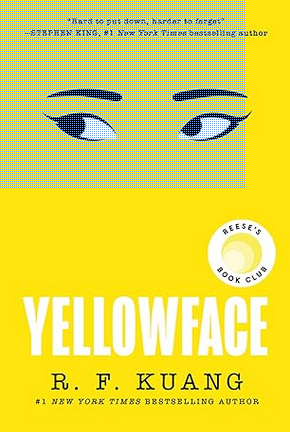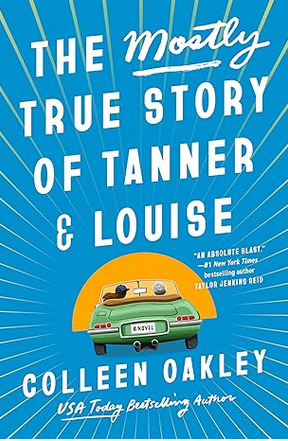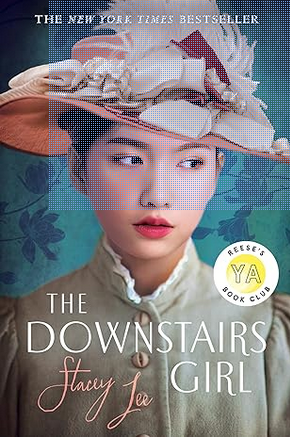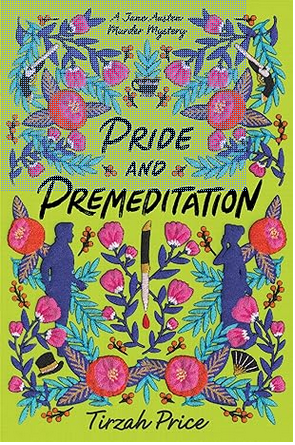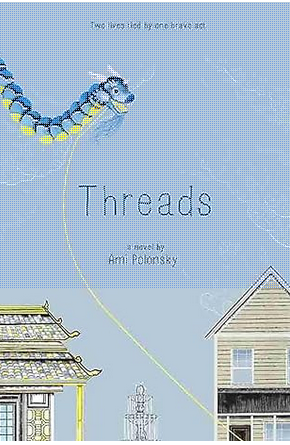

Since I am always seeking books for my book clubs, I do a good deal of research. I had read about The Bandit Queens by Parini Shroff and wondered if it would make a good choice for one of my book clubs. How do I find out? Why, I read it, of course! That is a rule to which I adhere: read a book before choosing it. And I am glad I read The Bandit Queens because it will make a terrific book for a discussion at a book club.
Geeta lives in an Indian village and is part of a small consortium of women who borrow money to open their own small businesses. Geeta makes jewelry, specifically wedding jewelry. Five years ago, her abusive, lout of a husband disappeared. Many of the villagers are convinced Geeta killed him and disposed of his body. They don’t stop to think about how she might have done such a dangerous thing, but the gossip continues to swirl around her. Occasionally, Geeta denies that she killed Ramesh; other times, she simply doesn’t contradict the accuser. In fact, Geeta relishes her freedom from Ramesh and his abuse.
Then Farah, another woman with an extremely abusive husband, shows up on Geeta’s doorstep. Clearly, she has been badly beaten. She insists that Geeta must “make a widow of me”; the women of the village who become a widow call it “removing my nose ring,” the sign of a married woman. Geeta knows that Farah’s husband not only beats her, but he also beats their three young children.
Now, this story is about women being abused and misused. That’s not to say that Shroff hasn’t infused the story with humor as well. When the women of the loan group gather each week, readers hear all the mothers repeat certain sentences: “It’s such a gift to be a mother.” “There’s no better blessing than a son.” “Joys of Motherhood.” “Such a privilege.” These sentences and phrases are repeated throughout the novel. In part, the women are trying to reassure themselves of the “joys of motherhood,” but they are also jabs at Geeta who has no children. At one point, Geeta returns the favor: “Well, I don’t have the joys of motherhood, but I do have the joys of sleep and money.”
Geeta often gives as well as she gets when the other women berate her. When Farah’s husband dies of a suspected heart attack brought on by his alcoholism and mistreatment of his own body, no one suspects any foul play. Later, though, Farah tries to blackmail Geeta, and readers will enjoy the tongue-lashing Geeta gives Farah. Has Geeta helped Farah kill Farah’s husband? Or does he die of natural causes?
However, Geeta receives more unwanted guests when Saloni, her one-time friend, and twins Preity and Priya seek Geeta’s help in getting rid of Darshan, Preity’s husband. This story is complicated by the fact that the twin sisters live with their husbands in the same household. Darshan had tried to court Priya, but she rejected him. In retaliation, he threw acid on Preity, thinking that she was her identical twin sister, Priya. In a strange arrangement, the parents encouraged Darshan to marry Preity, whose face he had ruined. What sort of marriage is that? Then readers learn Darshan is a serial rapist and often chooses young women to ruin.
BookRiot describes The Bandit Queens as a story “for fans of dark humor and social commentary! The book is expectantly funny, but it also tackles things like the pursuit of freedom from abuse. The characters are well thought out, and there’s great female friendship.”
In this small village, Ramesh has disappeared, presumed killed by Geeta; Farah’s husband has died of a heart attack; and now Darshan is dead, presumably from a fall. Will the police in the nearby larger town begin an investigation? Then, surprise, Geeta has been right all along about not killing Ramesh because he returns to the village, supposedly blind from drinking bad alcohol. What happens next?
Readers will find The Bandit Queens hard to put down. They will feel outraged by the men’s treatment of the women. Book club members will be loudly discussing domestic abuse, rape, forced marriages, and widowhood.
As a reader, I wished for a glossary of Indian terms used throughout the book. Most of them I could understand through the context of the story, but a glossary would have been helpful.




